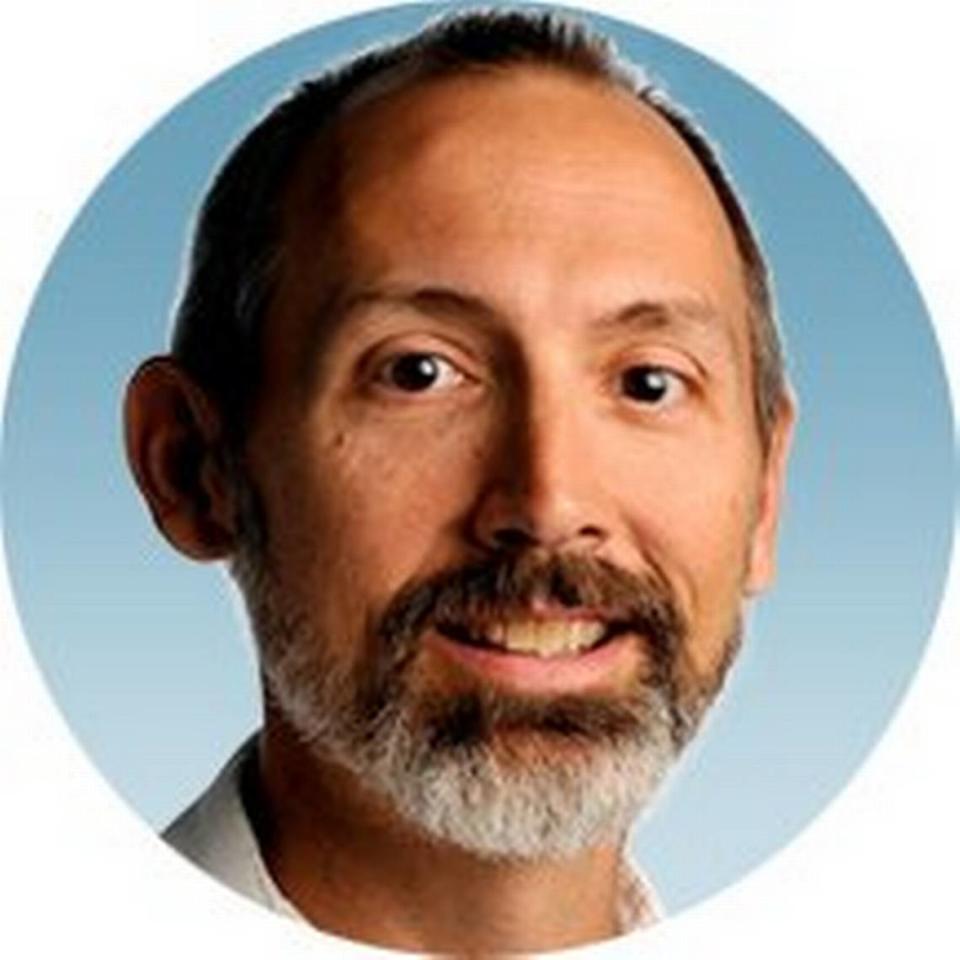Top teachers inspire love of learning, not political positions on race or gender | Opinion
A new report from PEN America describes “education intimidation bills” in conservative states as part of an “ed scare.” They see this as “a nationwide effort … to foment anger and anxiety about public education; to restrict or prohibit instruction about race, sexuality, and gender; and to ban books that address these topics.” The result is a “chilling effect” that is causing some teachers to leave the profession.
Critics on the right have also claimed that speech codes, diversity training, and left-wing cancel culture have had a similar chilling effect.
These politicized discussions seem far away from what actually happens in classrooms. And they ignore the basic question of how teaching, learning and education work.
Teaching is a risky adventure. Teachers have the immense responsibility of nurturing diverse young minds. The human beings in our classrooms are real people, with problems, personalities and passions. You cannot predict how students will respond, what questions they will ask or what ideas they will discover.
Teaching can be a joy-filled activity. But it should not be taken lightly. It requires patience, spontaneity, humor and care. It is also nerve-wracking. Teachers don’t teach well when external stressors are thrown into the mix.
This is also true of learning. We learn best when the intensity of our curiosity blossoms. Fear and intimidation can be used to instruct. But mere instruction is mechanical and top-down. It is important to memorize formulas and information, and to learn to follow rules. But instruction does not develop the passions of the soul.
Authentic education is not merely instruction. It is not about memorizing a restricted set of rules. Nor does education succeed when it is based on fear and constraint. Discipline and punishment may work for circus animals. But to educate autonomous human beings, freedom must be wedded to the love of wisdom.
Genuine education is soul formation. As we develop habits of critical thought, we become autonomous rational human beings. Education ought to develop the virtues of free thought, while empowering us to create and discover new ideas. The human soul is a free and creative thing. Human beings are driven by wonder and curiosity. We are concerned with justice, goodness, beauty and truth. And no matter what teachers say and do, young people will think for themselves.
Curiosity and freedom are ultimately irrepressible. Consider the case of Socrates. He educated his students in the art of free and critical thinking. The conservative authorities of ancient Athens did not like this. They put him on trial and executed him for corrupting the youth.
But by canceling Socrates, the authorities were not able to prevent people from thinking. In fact, Socrates became famous as a martyr for free thought and critical inquiry. And the questions he asked remained on the table. His method of thinking did not belong to him, nor did his ideas. Rather, free thought is the common endowment of the human spirit.
Now consider the questions about race, gender, and sexuality that are provoking us today — and fueling the cancel culture of both left and right. By banning certain lessons, books, or topics, the underlying questions and ideas don’t magically disappear. Human beings will still have these questions and ideas. We would do better if we empowered students to explore them wisely and well.
Much of the current debate about education occurs at an abstract level, divorced from the concrete process of teaching and learning. At that level of abstraction it is easy to forget that teachers are mortal beings working without a net. Very few teachers set out to indoctrinate students into a political worldview. Mostly they love to see young people develop curious and inquisitive minds. We also forget that ideas have a power of their own. Students are going to ask tough questions and explore difficult topics, no matter what rules are imposed from on high.
Genuine education cannot avoid the hard questions. It must confront them directly. This is delicate work that requires caring and creative teachers, who need support rather than intimidation. The youth are thinking beings who need inspiration and guidance to become free and critical thinkers. Education happens best when teachers love their work, and when students are free to explore ideas.
Andrew Fiala is a professor of philosophy and director of The Ethics Center at Fresno State. Contact him: fiala.andrew@gmail.com.



